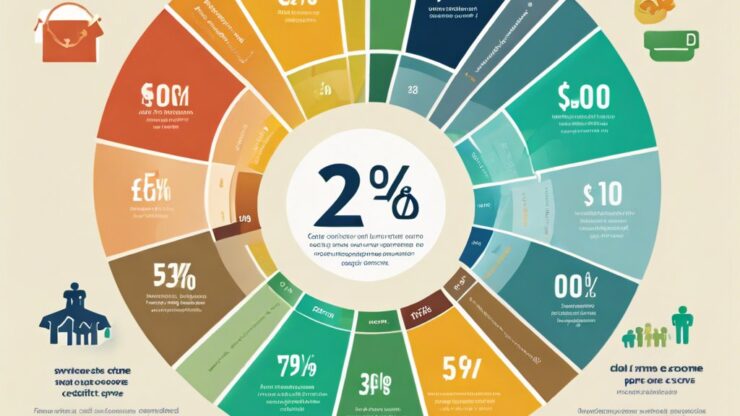How Your Income Influences Lenders’ Perception
Your income plays a significant role in how lenders view your creditworthiness. Although it is not a direct factor in calculating your credit score, a higher income can enhance your ability to manage debts and make timely payments. Lenders often consider your income alongside your credit score to determine your overall financial health.
When applying for loans or credit cards, a steady and sufficient income can improve your chances of approval. It demonstrates to lenders that you have the means to repay borrowed funds, thereby reducing perceived risk.
Income as a Factor in Debt-to-Income Ratio
While your credit score is vital, the debt-to-income (DTI) ratio is equally important. This ratio compares your monthly debt payments to your monthly income, providing lenders with a clear picture of your financial situation. A lower DTI ratio signals to lenders that you are more capable of managing additional debt.
- Healthy DTI Ratio: Ideally, your DTI ratio should be below 36%.
- High DTI Ratio: Ratios above 43% can indicate that you are over-leveraged, which may hinder loan approval.
- Income Stability: Lenders prefer borrowers with consistent income sources, as this reflects reliability.
Enhancing Your Credit Score Through Income Strategies
To improve your credit score, consider focusing on strategies that leverage your income effectively. Here are some actionable steps:
- Increase your income through side jobs or freelance work.
- Make larger payments on existing debts to reduce your DTI.
- Set a budget that prioritizes savings and timely bill payments.
By applying these strategies, you can not only enhance your income but also improve your overall credit profile, making you a more attractive borrower in the eyes of lenders.
Disclaimer
This article has been created or edited with the support of artificial intelligence and is for informational purposes only. The information provided should not be considered investment advice. Please seek the support of a professional advisor before making any investment decisions.






